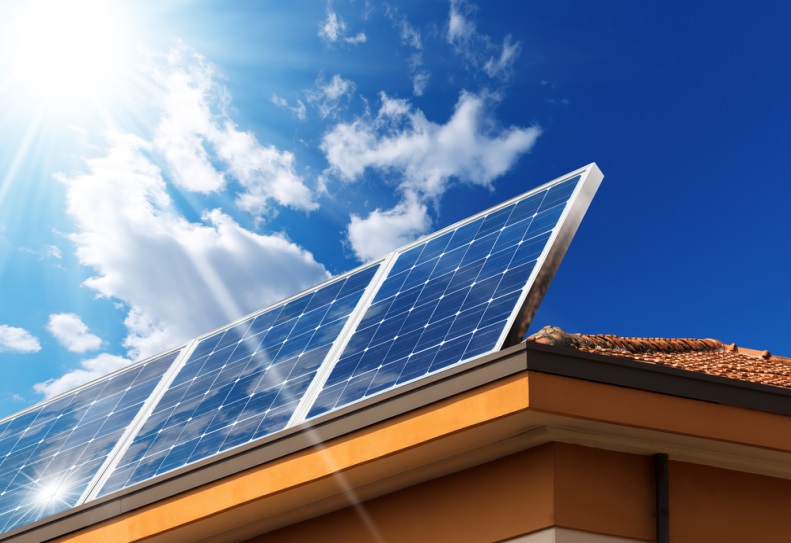Since the outbreak of covid-19 Jamaica has been experiencing massive effects from the imposed trend of work from home.
Business Process Outsourcing (BPO) has been one such industry feeling a brunt of weight, especially following Alcorica’s outbreak which significantly shifted the country’s response to the pandemic. The President of the Global Services Association of Jamaica (GSOJ) Gloria Henry states that at least 40% of BPO staff island wide are currently working from home and has requested a continuance of these arrangements until the end of the year to keep employees safe and employed as well as to support social distancing protocols.
Shortly following the outbreak, the GOJ imposed a work from home order requiring employees to do so if possible. On June 1st 2020 this effect expired and was replaced with a “work smart, work safe” order, essentially leaving the decisions of telecommuting up to individual employers. Going forward Prime Minister Andrew Holness stated in a press conference on May 26th 2020 that “ we should allow people to work from wherever they can be most effective”.
Employers assessing the feasibility of telecommuting have multiple variables to take into consideration, however should not address it as an all or nothing proposal.
How do employers benefit?
It goes without saying that some jobs are better suited for telecommuting than others. Knowledge workers such as lawyers, scientists, accountants, designers, and academics all incorporate tasks which can be remotely monitored by management. Industries such as transportation, sports, retail, food, and entertainment are not so easily operated from a remote standpoint.
Employers and HR strive for optimal performance in the workplace and in most cases, measure it numerous times throughout a year. Interestingly,
In a 2019 study published by the Journal of Business and Psychology, researchers found that employees whose jobs were highly complex but did not require significant collaboration or social support performed better when telecommuting than when working in the company’s office.
Additional research conducted by Stanford University supports these previous findings by identifying a 13% increase in productivity levels for employees who are given access to work from home compared to their in office colleagues.
How do employees benefit?
In a study conducted by Global Workplace Analytics, they found that 80-90% of employees wanted a work at home arrangement incorporated into their employment arrangement. Employees working from home are able to benefit from this by directly saving on costs associated with transportation such as petrol purchases, toll fare, or taxi/bus fees. More importantly, telecommuting gives persons the opportunity to be closer to their families.
Environment & Personal Well being
The principle benefit to reduced motorist activity can be directly linked to the reduction in greenhouse gas emissions vehicles produce such as CO2, nitrous oxide, and methane.
Globally, the transportation sector is responsible for 14% of all CO2 released into the atmosphere and as much as 28.2% in the United States whose culture is heavily focused around car ownership (not so different from Jamaica).
The effects of air pollution are known to be hazardous to human physical health and have been widely studied, however recent research coming out of the University of Washington (Seattle) provides evidence showing a significant correlation between particulate matter (PM) exposure and an increase in psychological distress. On a neurological level, exposure to PMs contributes towards “neuroinflammation, oxidative stress, cerebrovascular damage, and neurodegenerative pathology via several cellular and molecular pathways”. Additionally, neuroinflammation and cerebrovascular damage have been found to increase the risk and/or exacerbation of certain mental illnesses such as depression.
Indirectly, the presence of these PMs in the environment fundamentally changes the behaviour of exposed persons as they choose to spend more time indoors, subsequently reducing their vitamin D intake (sunlight), physical activity, contact with parks and green spaces, as well as other people.
By implementing telecommuting in organizations, employers are able to contribute to a reduction of these greenhouse gasses and help create an environment that is more attractive to the people.
Waste Production
Paper and plastic waste plague our island society and can be found everywhere in our environment, from our streets and gullies to our rivers and oceans. It’s inescapably clear that we have a waste management problem.
The Environmental Protection Agency (EPA) states that approximately 67% of paper products are reclaimed in the United States whereas 75% of plastic waste is sent to the landfill. Locally the recycling situation is much more dismal and inconvenient for most Jamaicans as the vast majority of plastics and paper end up in the municipal waste stream to be land-filled.
In the past three years, steps have been taken by the Government of Jamaica (GOJ) to minimize the effect of these waste streams on the environment. Notably, the recent ban on single use plastics took full effect on January 1, 2020 and continues to be enforced by the National Environment and Planning Agency (NEPA). Other agencies such as the Recycling Partners of Jamaica (RPJ) have encouraged recycling activities by doubling the price of plastic bottles back in 2019.
The progress Jamaica had made thus far must not be downplayed and the agencies responsible for these changes are to be highly commended. The question going forward is how do we continue to make progress in this area and set the bar for others to observe and follow suit? A strong case can be made for telecommuting.
Summary
Consideration must be given by employers as to which jobs can effectively be incorporated into a remote work environment.
Implementing telecommuting can most definitely come with some challenges. This said, it could be a productive step towards addressing some greater concerns relating to overall personnel satisfaction and environmental degradation.










